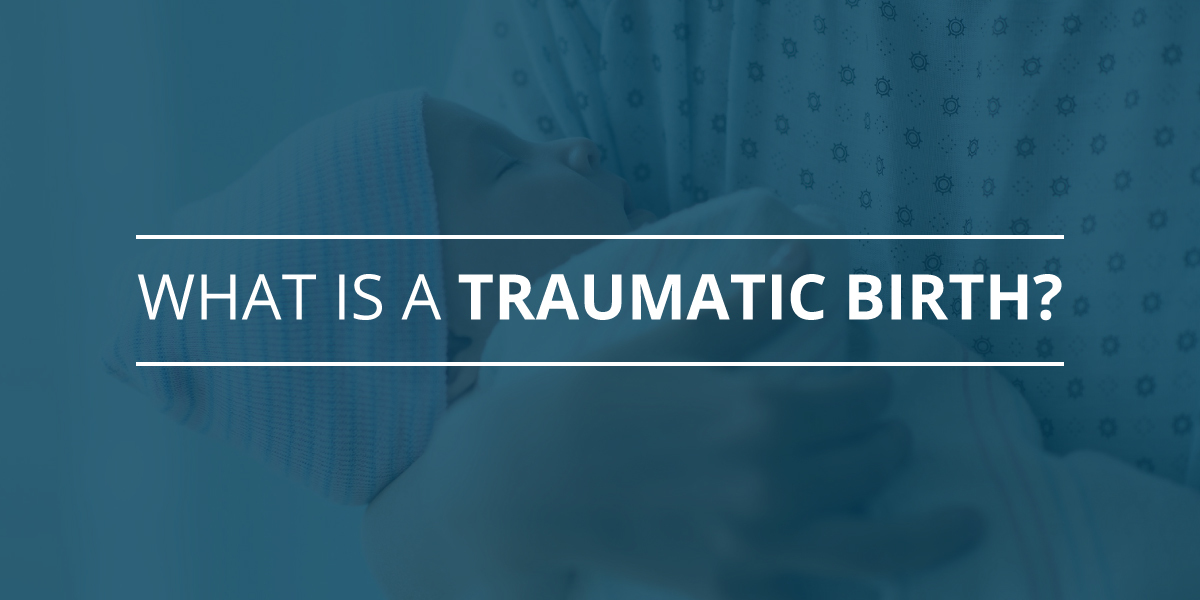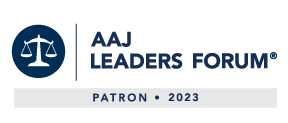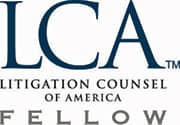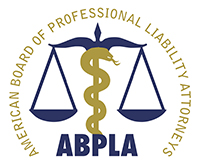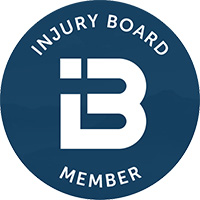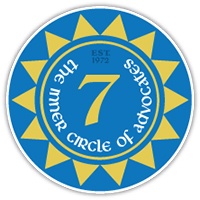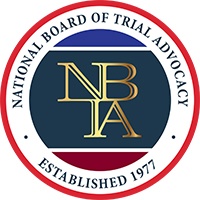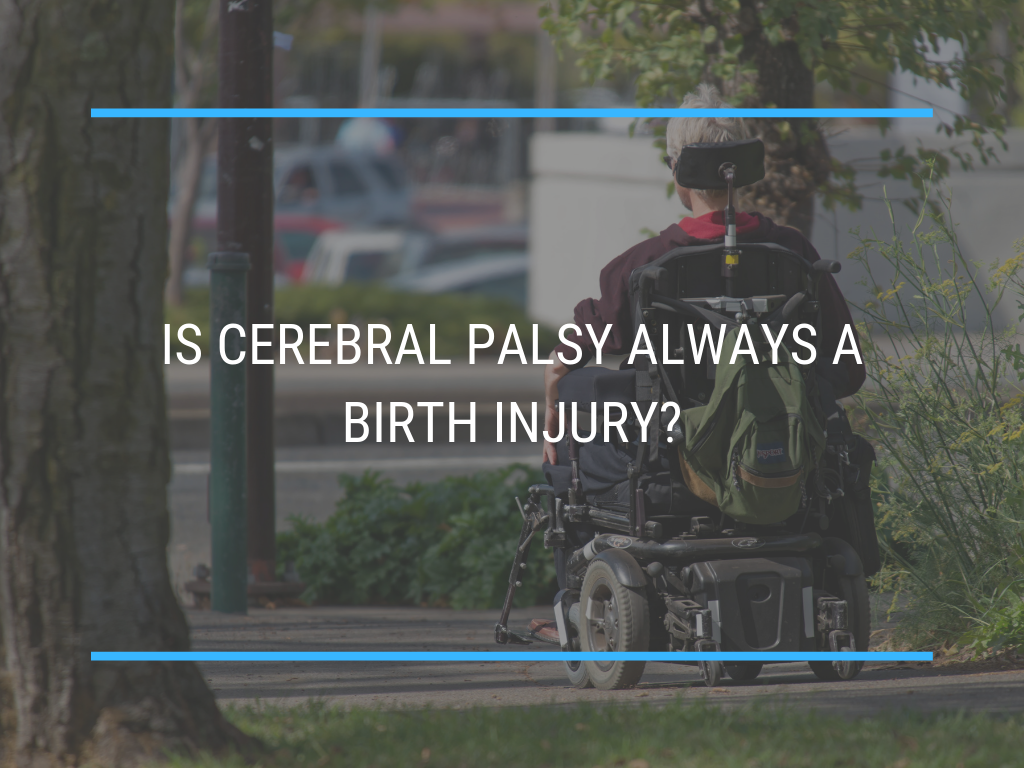
Is Cerebral Palsy Always a Birth Injury?
Cerebral palsy is a disorder that impacts an individual’s ability to use the muscles. Individuals with cerebral palsy may be unable to walk, and some may also have intellectual disabilities, vision problems, hearing deficiencies, speech difficulty, spinal cord issues, or joint problems. The severity of symptoms depends on the type of cerebral palsy the individual has.
Types of Cerebral Palsy
There are four primary types of cerebral palsy. These are:
Ataxic cerebral palsy: These individuals have trouble balancing and coordinating their movements. Often, they have trouble walking and find certain movements, such as those that require precision, challenging. Reaching for objects may also be difficult.
Dyskinetic cerebral palsy: Those with dyskinetic cerebral palsy have difficulty using the feet, legs, hands, and arms. In many cases, an individual’s movements are unable to be controlled and may be either quick and erratic or slow and twisting. If the person’s face is affected, swallowing may also be difficult. Muscle tone may change throughout the day, ranging from too loose to too tight.
Spastic cerebral palsy: The majority of those with cerebral palsy—around 80 percent—experience spastic cerebral palsy. These individuals have stiff muscles. Different areas of the body are affected, depending on which type of spastic cerebral palsy the individual has.
Mixed cerebral palsy: With this type of cerebral palsy, the individual may exhibit signs of multiple types of the disease.
What Causes Cerebral Palsy?
All types of cerebral palsy are caused by brain damage. This damage impacts the parts of the brain that control muscle movement. The brain damage may occur before, during, or even after birth.
How does this brain damage occur? Causes of cerebral palsy may include:
- A lack of oxygen during labor and delivery, which may be caused by medical negligence
- Infections in either the mother or the baby (infections that develop in the baby after birth may cause cerebral palsy)
- Traumatic head injuries after birth
- Fetal strokes
- Genetic mutations
During especially long labors and deliveries, brain damage that results in cerebral palsy may occur. If medical professionals fail to properly respond to signs of fetal distress—for example, that the baby is not receiving enough oxygen—serious brain damage may occur.
Additionally, the failure to properly screen for and diagnose certain infections—such as German measles (rubella) and thyroid conditions in the mother, and meningitis and jaundice in the baby, may also lead to brain damage that causes cerebral palsy.
What Are the Signs of Cerebral Palsy?
The signs of cerebral palsy may appear as early as infanthood. Signs may include:
- The baby’s muscles feel stiff or loose
- The baby’s legs stiffen and cross upon being picked up
- The baby’s head seems to “lag” when picked up or while lying down
- The baby cannot roll
- The baby has trouble using the hands, or reaches out with one hand while keeping the other in a fist
- The baby drags one hand and leg while crawling
- The baby is unable to crawl normally
These symptoms should be reported to a pediatrician to see if further evaluation is needed.
How Do I Know if My Child’s Cerebral Palsy Was Caused by a Birth Injury?
If you are wondering whether a medical professional’s negligence was the true cause of your child’s cerebral palsy diagnosis, you should schedule an appointment with a Rhode Island medical malpractice attorney as soon as possible.
Medical malpractice attorneys review medical records and other types of evidence to identify possible claims of malpractice. Medical malpractice attorneys have access to a network of experts who are able to provide insight into the causes of certain injuries.
Many parents are unaware that their child’s condition was caused by malpractice until they consult with an attorney experienced in Rhode Island birth negligence claims. These parents would have been solely responsible for the financial burdens accompanied by their child’s diagnosis had they not filed a legal claim.
Call Our Medical Malpractice Attorneys Today to Discuss Your Claim
At Mandell, Boisclair & Mandell, Ltd., our Rhode Island medical malpractice attorneys have experience in birth injury claims, including those that involve cerebral palsy. Our staff of nurse paralegals provides us with an edge over other firms. To schedule a free consultation at our Providence office, contact us today.


